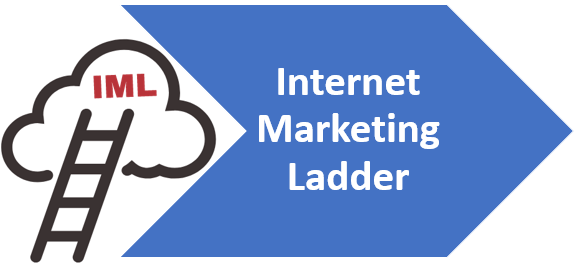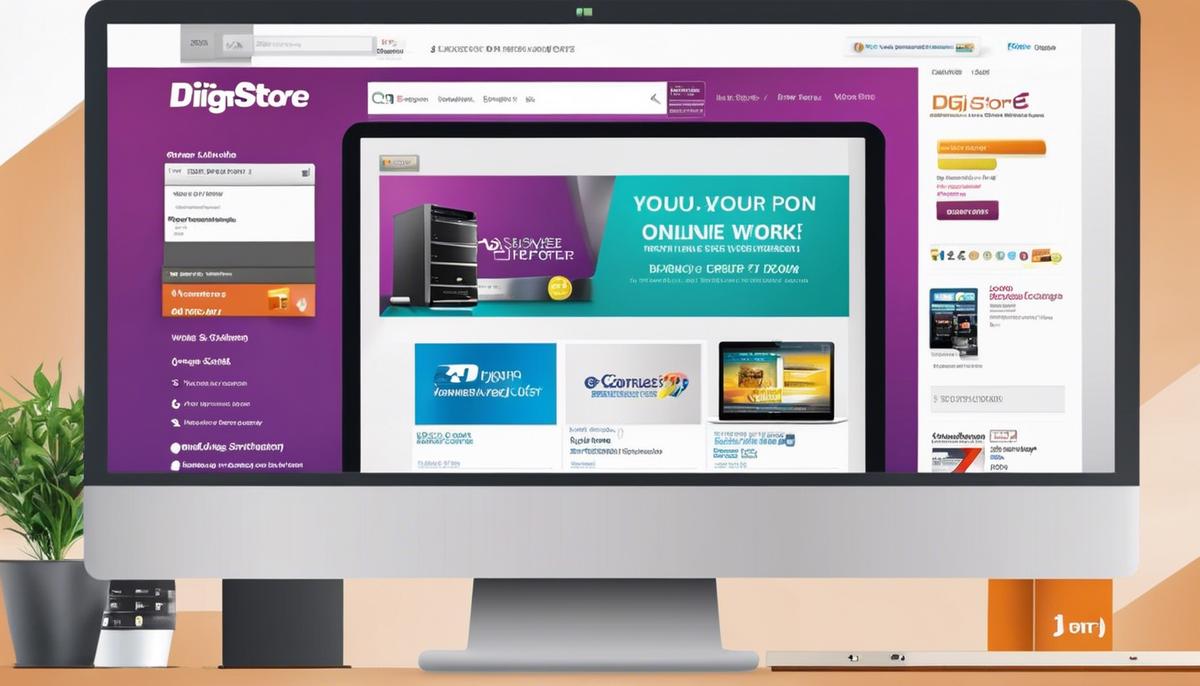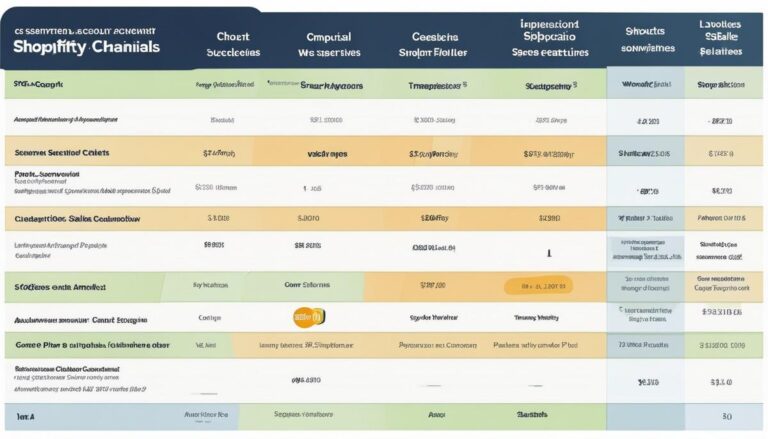Digistore24 Banned Regions Explained
Digistore24 Banned countries
In the intricate web of global e-commerce, Digistore24 has emerged as a pivotal player, offering a robust platform that bridges the gap between digital product vendors and affiliate marketers. Its seamless integration into the online sales landscape facilitates countless transactions, propelling the evolution of digital marketing strategies. Yet, as with any entity operating on an international scale, this platform is subject to a mosaic of legal landscapes, necessitating the exclusion of certain countries from its service offerings. By dissecting the fabric of Digistore24’s operational policies, including its country bans, we uncover the intricate balance between expansive digital commerce and adherence to global regulations—a narrative that shapes the opportunities and limits for digital entrepreneurs worldwide.
Overview of Digistore24
Digistore24: Revolutionizing Digital Sales and Affiliate Marketing
In an era where digital marketplaces are key players in the tech ecosystem, Digistore24 emerges as a pivotal platform for creators, entrepreneurs, and affiliate marketers. As an online sales engine, it streamlines the process of selling digital products, services, and events, which in turn, fuels the innovation-driven online economy. The significance of Digistore24 lies in its robust automation capabilities, enabling users to focus on product development and marketing, rather than being bogged down by the nuances of transaction management.
The platform’s adeptness at handling everything from payment processing to affiliate management is a game-changer. This efficiency allows sellers to scale their businesses rapidly, without suffering the growing pains typically associated with manual systems. With Digistore24, sales tracking, accounting, and reporting are all automated, prompting a surge in productivity by displacing the tedium of manual intervention. Moreover, the integrated affiliate marketplace provides a vast network for product promotion, magnifying reach and multiplying sales potential without escalating marketing efforts or expenditures.
For affiliates, Digistore24 is a goldmine of opportunities. The user-friendly interface coupled with instant access to a myriad of products across diverse niches makes it an attractive hub for those looking to monetize their online presence. The significance of Digistore24 in the tech ecosystem can’t be overstressed—it’s a conduit for seamless digital entrepreneurship and a reflection of the shift towards automating complex e-commerce operations. By delivering a simplified and comprehensive solution for digital sales, this platform is not just riding the wave of tech trends but is actively shaping the future of online business.

Photo by campaign_creators on Unsplash
Reasons Behind Country Bans
Digistore24’s decision to ban certain countries from its platform hinges on compliance and risk management. The complexities surrounding international laws, particularly in the realm of digital commerce, create a minefield for businesses operating at a global level. The fluid nature of digital regulations means platforms must navigate a labyrinth of legal frameworks, varying from country to country. Digistore24 opts for a preventative strategy by restricting access from countries that either have stringent e-commerce regulations, a high risk of fraud, or underdeveloped legal systems that could complicate international transactions.
The move to limit access isn’t just about legal red tape; it’s a practical business decision aimed at maintaining platform integrity and user trust. Risk of financial loss due to fraudulent activities is not trivial. Hence, by controlling access, Digistore24 mitigates potential threats to both the platform’s and users’ fiscal security. The risk assessment might include factors like the prevalence of cybercrimes, payment chargebacks, and the difficulty in executing legal recourse in those regions. By tightening the gates, the platform ensures that the ecosystem it has built remains robust, trustworthy, and, most importantly, functional for all parties involved.
It’s also about maintaining quality service. Given the automation focus of Digistore24, ensuring smooth and reliable transactions is paramount. Accessibility from countries with less stable internet infrastructures or those facing international economic sanctions could hinder transaction fluidity, leading to a compromised user experience for all. This proactive stance might seem exclusionary but reflects a calculated effort to ensure the platform runs like a well-oiled machine, delivering on the promises of efficiency and reliability that are staples of the Digistore24 brand.

Impact on Users and Markets
When Digistore24 implements country bans, it erects digital borders that can have significant repercussions for users and the digital economy. These bans usually spring from a mixture of legal complications or pronounced risk factors in certain regions—highlighting the importance of understanding ever-evolving international regulations and the implications for global e-commerce.
For users rooted in the affected countries, these restrictions can be limiting. Creators and affiliate marketers facing bans suddenly find themselves cut off from a segment of the global digital marketplace. This impacts their ability to reach wide audiences, monetize content, and tap into a diverse pool of products or services. Affiliates in these regions lose access to a streamlined platform for finding and promoting products. Consequently, this can hinder their revenue streams, limit growth, and ultimately push them to seek alternatives which may not offer the same level of integration and automation.
On the flip side, these actions often lead to a surge in search for and development of local solutions, potentially giving rise to new platforms that cater to the void left by Digistore24. This innovation push, however, comes with its set of challenges, including ensuring compliance with diverse international regulations—a significant hurdle that Digistore24 seeks to navigate through its country-specific bans. Yet, from a broader perspective, these bans fragment the digital market landscape, showcasing the delicate balance between growth, compliance, and the overarching aim for a universally cohesive digital marketplace.

Alternatives to Digistore24
When faced with Digistore24’s restrictions, exploring alternative platforms becomes imperative for creators, entrepreneurs, and affiliates. Among the top contenders are services like ClickBank, a seasoned player offering extensive affiliate networks along with formidable product promotion capabilities. Its robust system caters to a vast demographic, and despite being one of the older platforms, it consistently updates to stay relevant in today’s fast-paced digital marketplace.
Others may find solace in JVZoo, a platform renowned for its ease-of-use and real-time tracking of statistics. It accommodates a variety of payment methods and currencies, enhancing its appeal to international users. JVZoo is particularly popular in the digital products niche, fostering seamless interactions between product creators and marketers.
Another notable mention is PayKickstart, which has gained traction for its comprehensive subscription management and up-sell capabilities, proving to be a strong contender as a Digistore24 alternative. PayKickstart is lauded for its automated billing, license management, and a multi-currency shopping cart, making it an attractive option for those striving to maintain a global presence.
While these alternatives might not fully replicate the experience of Digistore24, they offer a compatible set of features with the added benefit of diverse global access. Each alternative specializes in unique aspects of digital sales, ensuring that affected users can find solutions tailored to their specific needs. Transitioning might involve an adjustment period, but these platforms provide the necessary tools and opportunities to thrive in a digital world, irrespective of localized legal complexities.

The insight into Digistore24’s selective geographical serviceability offers more than just a glimpse into the company’s regulatory compliance; it provides a reflection of the complex, sometimes turbulent waters of global e-commerce. For those navigating the currents away from Digistore24’s reach, the spirit of digital innovation opens up a realm of alternative routes and solutions. As the landscape continues to evolve, new platforms rise to meet the needs of disenfranchised markets, ensuring that the pulse of digital commerce maintains its vitality. The continuous march forward reflects a striking dichotomy: the geographic limitation imposed by one provider becomes the fertile ground for opportunity and reinvention in the grander scheme of the digital marketplace.







